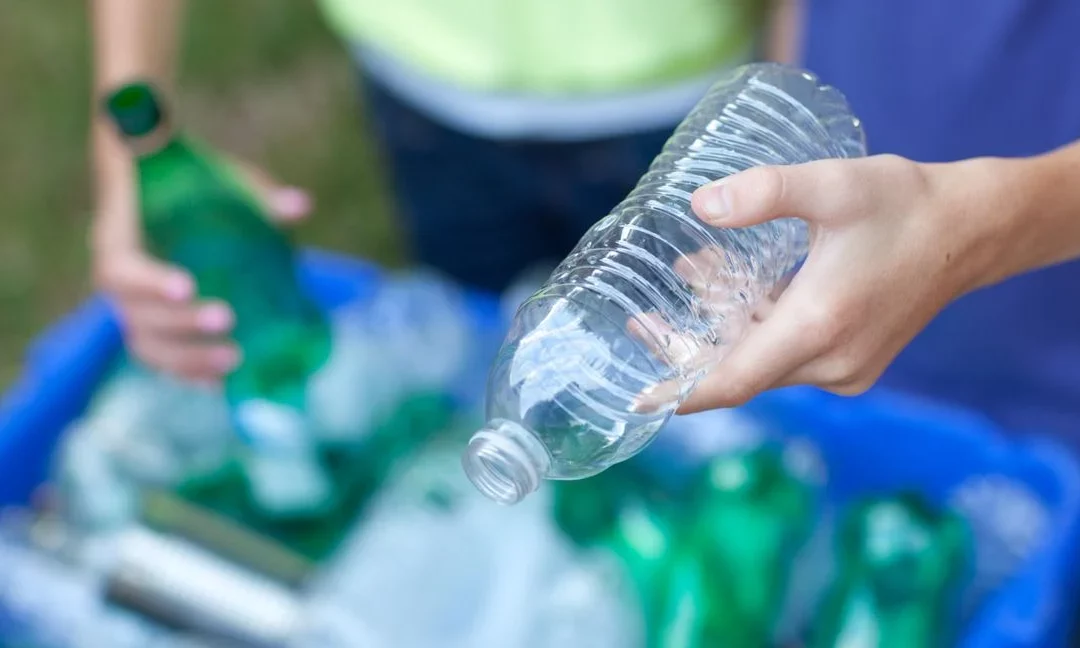California, Colorado, Iowa, Maryland, New York and Washington, D.C. are among the jurisdictions enforcing new recycling and waste laws, including bag fees, bottle bill updates and organics mandates.
Some people start the new year with resolutions, but several states rang in 2023 by changing their waste and recycling laws.
Here’s a snapshot of some of the new laws that went into effect on Jan. 1, 2023, including bag fees, postconsumer resin requirements and updates to bottle bills. What new laws are impacting your state this year? Drop us a line: waste.dive.editors@industrydive.com.
Colorado now charges 10 cents for paper and plastic bags in advance of a 2024 ban
Customers have to pay 10 cents for paper or plastic bags at many stores as part of Colorado’s Plastic Pollution Reduction Act. The law, which passed back in 2021, will eventually ban single-use plastic bags in 2024, but this new bag fee is an interim step. Stores will get 40% of bag fee revenue, while local governments get the other 60% to use for education programs, enforcement or other recycling-related costs.
The same law bans single-use expanded polystyrene food containers starting in 2024. Food establishments will only be able to use them past that date if they have an excess supply.
Beverage companies must now meet California’s recycled content mandate for plastic in bottle bill containers
California’s AB 793 mandates recycled content in plastic beverage bottles that are part of the state container deposit program. The law went into effect in 2022, but CalRecycle didn’t enforce it until Jan. 1 of this year. Now, beverage companies will face fines if they don’t have at least 15% recycled content in plastic bottles that are part of the state’s container deposit program. That mandate escalates to 25% recycled content in 2025 and 50% in 2030.
Iowa bottle redemption centers now get triple the handling fee
Redemption centers that handle containers from Iowa’s bottle bill will now get a 3-cent handling fee per container instead of 1 cent. Lawmakers approved the change in June 2022 after years of stalled attempts to update numerous facets of the state’s bottle bill. The fee change won’t affect the state’s five-cent deposit/reimbursement, according to the Iowa Department of Natural Resources. The new law also allows some redemption centers to opt out of accepting containers if they serve hot food or meet other requirements, a change that has been in place since July 2022.
California and New York now prohibit intentionally-added PFAS in packaging
California’s AB 1200 bans the sale of paper food packaging made with intentionally-added PFAS and prohibits companies from using misleading claims about items being free of such chemicals. It also requires cookware manufacturers to disclose if their products contain certain PFAS or other chemicals.
New York’s Hazardous Packaging Act was recently updated to prohibit PFAS in paper packaging such as cups, wrappers, pastry boxes and pizza boxes effective Dec. 31, 2022. Applicable restaurants and stores will need to get a compliance certification, according to the state’s Department of Environmental Conservation.
Washington, D.C.’s battery EPR provisions advance, plus some colleges and retailers must meet new food waste regs
Jan. 1 was the deadline for battery manufacturers in Washington, D.C. to join an approved battery stewardship program and submit compliance plans to the Department of Energy and Environment. It’s part of Washington, D.C.’s battery extended producer responsibility program, the first “all battery” EPR bill in the U.S. covering both single-use and rechargeable consumer batteries.
Come Aug. 1, 2023, residents will only be able to dispose of primary or rechargeable batteries through battery recycling programs or “other approved means,” DOEE said. It’s working mainly with Call2Recycle to “help consumers get ready for the compliance date.”
The EPR law is part of D.C.’s larger zero waste law that passed in 2021. The law also now requires colleges and universities, along with retail food stores over 10,000 square feet, to comply with new food waste regulations. That includes separating food waste from trash, storing food properly, and arranging for collection and transport to approved processors, according to the law.
Marylanders must divert food waste from the landfill
Maryland’s organics diversion mandate is now in effect, meaning certain entities must find an alternative to disposing of their food waste. The law applies to locations like schools, businesses and organizations that generate at least two tons of organic waste per week. Some alternatives to disposal could include diversion, donation, composting and anaerobic digestion, but the law only applies if there’s a processor within 30 miles. Some generators can apply for an exemption if they can demonstrate a financial or logistical hardship.
Generators of one ton per week will need to start complying with the law in 2024.
FULL ARTICLE CAN BE FOUND HERE

